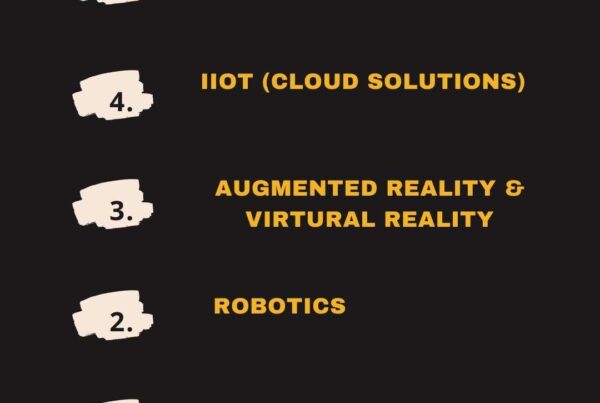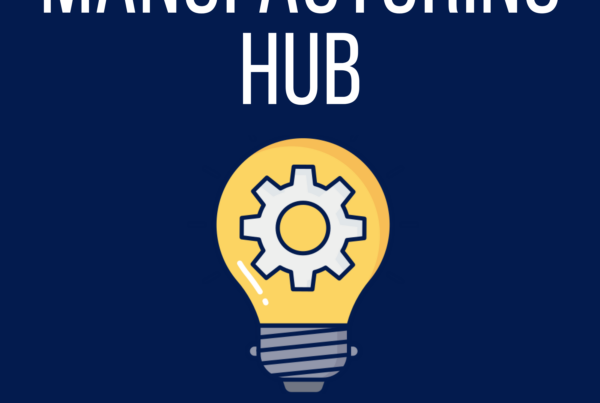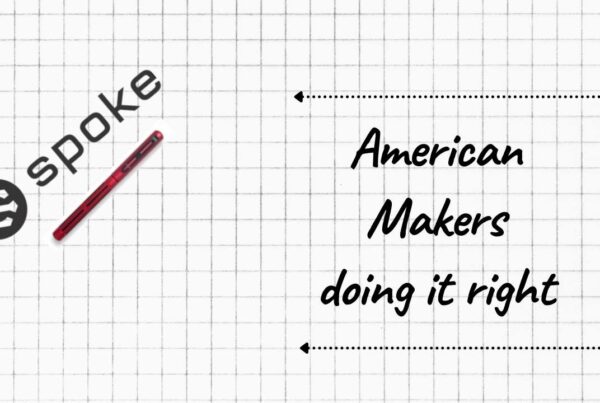Training and Education For Industry
Today we’re talking about one of the most outdated and overlooked parts of industrial automation, something that’s personally affected me, something that has probably personally affected you. Plus, I want to talk about how to fix it. That’s right. We’re talking about training and education.
It’s 2020 and not only are we regularly losing operators and maintenance staff to normal attrition, but we’re also losing SMEs. Yes, Subject Matter Experts. And we’re losing them for a bunch of reasons. Age, normal retirement, they just don’t want to deal with the change anymore. All of the uncertainty with Corona Virus and COVID-19 quite honestly, they’re worried about having to go back to work, and the added benefit of going back to work outweighs the risks because most of them are in their fifties and sixties and seventies. And as I’ve been saying, you know, for the last handful of years, I thought, you know, 5 to 10 years we were going to be in the process of losing lots of those SME’s and lots of that leadership.
But today in 2020 with Corona Virus, I think it’s pushing up the timetable and I think we’re going to see attrition on an extremely regular basis. That is definitely something to be worried about, and we need to find a way to grasp their knowledge and put it in structures so that we can train it to the next generation.
So what does training look like now in industrial automation? First, someone get me a pocket protector. What I don’t have a pocket? So you go through a new project. You build a machine, you build a line, you put a SCADA, an MES another solution on top of that, and you have to provide some sort of O and M and training, right? Everyone includes the, “And training,” but no one really thinks about how we go through the training. And most of the time it’s the project engineer and they slapped together a PowerPoint slide and people sit down and watch it.
And it’s literally death by engineering PowerPoint. And most people don’t understand, don’t learn based off of a single PowerPoint. And quite honestly, most of the people watching them that are going to be using this on a day-to-day basis are not engineers in and of themselves, and it’s like teaching a different language. So I’d like to do is to help bring training into the 21st century. So to do that, I would like to introduce an educational concept, multimodal education. Multi-modal education. That basically means that people learn in different ways. You know, some people are going to look to learn through that PowerPoint slide. Some people are going to learn through that 600-page ONM. I am going to learn differently from you. I learn differently than my wife learns. We’ve all learned differently than the kids today who are these digital natives who grew up on iPads and phones and we shouldn’t talk about when I got my first phone.
So people learn in different ways. Some people need to read it, some people need to write it, some people need to go through a simulation, ask questions and answers. Some people need to go listen to it multiple times, go look through the knowledge base, which is another important topic as we go through this. And we’re going to see more simulations, more people going to iPads, more recorded sessions by the experts, more ways to go through and touch two, three, four, five, six, seven times, and then taking that knowledge and turning it into a skill by physically doing it. This is all something that generally happens in the classroom. This is something that we need to find ways to train the people who are going to be working at our facilities. Someone is not going to come to a facility and work there their entire lives.
Someone is going to come there and they’re going to work some number of months or some number of years and then they’re probably going to move on to the next place, and if we don’t have a good way to document what we’re doing, putting it into the knowledge base and then building it into some sort of training session, we’re going to lose all of that knowledge. You know, right now in 2020 we have to be worried about losing the decades of knowledge from the Subject Matter Experts who are currently getting ready to leave the workforce. We have to find a way to train the next generation of workers, and then after that, we are going to have to do it on a semi-regular basis. That is just the world that we live in, and if we can find ways to train people properly so that everyone understands it, we’re going to be able to train quicker.
We’re going to be able to find more return on investment for each of the people that we put on the plant floor because they’re going to be worth more. What if instead of going, “You have to shadow someone for three months to a year,” to, “We can put them out on the plant floor. They can go through a shadow process, but we’ve already taught them this.” So month one or day 10 they can go out on the plant floor and we’re not worried about crashing their machines. That is the dollar and cents reason why we have to go through the process of training people in ways that they understand. That’s right. You know, those sustainable solutions are going to be bigger and bigger into the future. And as you guys can see, I’ve sat it through more than a couple of education classes. And as I’ve said in the past, my wife is an educator.
It’s something that I really believe in. It’s something that we as an industry are lacking. And it’s something that the more conversations I have, the more courses I put together, the more training and teaching that I help to do, the more benefit I see. And the ability to send people out who are confident onto the plant floor, you know, that’s a win in and of itself. Plus we don’t have to worry about downtime operators, breaking machines, all of these questions, a whole bunch of E buttons getting pushed because something’s going wrong in the system and they don’t know how to solve the problem. All of these are fantastic. So I want to hear from you. As you guys can tell, I’m super passionate about this. I think that this is one of the waves of the future, the ways that this industry is going to go.
I’d like to know how you guys are currently training. Are you looking at different ways to provide training on either solutions or for the workers in your facility? And yeah, let me know what’s working. Let me know what’s not working. Let me know if you guys are interested in having a conversation because I would love to find a way to help build a sustainable solution for you personally. It’s extremely rewarding in being able to make an almost immediate difference and being able to help move facilities forward in ways that we don’t think about and have historically not thought about as important. So until next time, I’m going to keep pounding my coffee and building some training modules. Talk to you guys soon. Buh-Bye.



